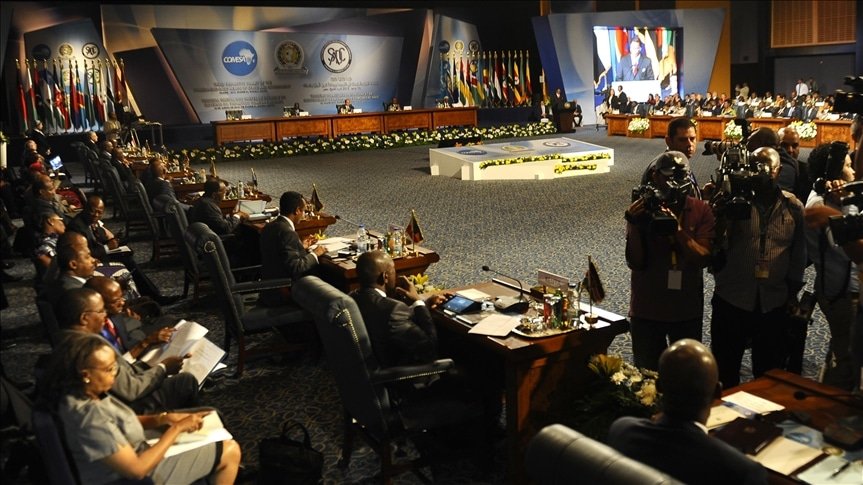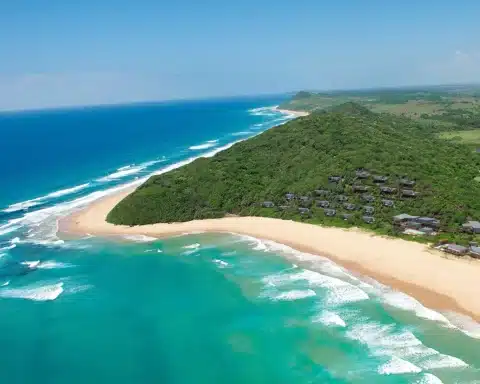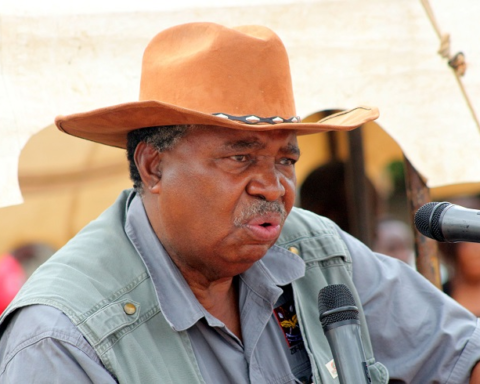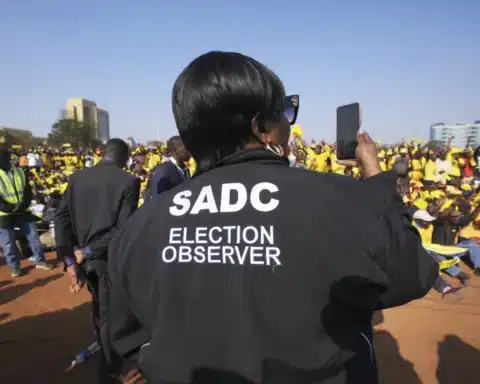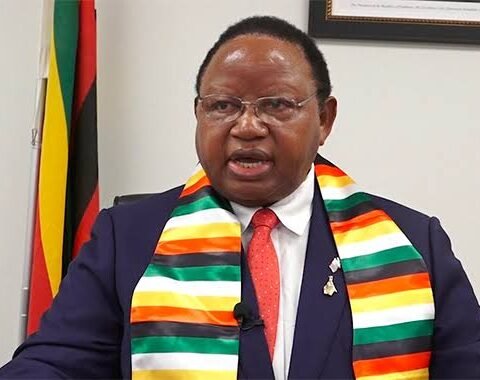Zimbabwe has received the full backing of the southern African region in the call to remove sanctions that are crippling its economy.
Malawi’s president, who is also chairman of the Southern African Development Community (SADC), called Monday for the lifting of all sanctions imposed on Zimbabwe.
The SADC “wishes to reaffirm its solidarity with the Government and People of the Republic of Zimbabwe and to collectively voice its concerns on and disapproval of the prolonged sanctions imposed on the Republic of Zimbabwe,” said Lazarus Chakwera in a statement.
“As the SADC, we are concerned by the continuation of sanctions on some individuals or entities of Zimbabwe and hereby call for the unconditional and immediate lifting of these sanctions.”
Chakwera said there is no doubt that the lifting of all sanctions will facilitate socio-economic recovery and enable Zimbabwe to meet its national and regional economic development plans as well as effectively manage its international obligations.
The 16-member regional bloc declared Oct. 25 “Anti-Sanctions Day” in solidarity with Zimbabwe.
Sanctions hinder recovery
“As a region, we remain adamant that the sanctions imposed on Zimbabwe, whether targeted or restrictive, are a fundamental constraint and hindrance to the country’s prospects of economic recovery, human security and sustainable growth,” Chakwera said.
Chakwera said the global impact of the COVID-19 pandemic coupled with recent devastating cyclones Chalane in December 2020 and Eloise in January 2021 have added socio-economic pressures that continue to impact negatively on the lives and livelihoods of the people of Zimbabwe.
He said the trajectory of the global economy is on rebuilding and recovery.
“To this effect, foreign direct investment [FDI], by virtue of being the largest source of foreign capital, remains a critical catalyst and facilitator of growth.
“The sanctions increase the perception of Zimbabwe as being in a high risk profile category, thereby diminishing the credibility of investment and investor confidence while exacerbating investment risks,” he said.
The SADC chairman said this further diminishes Zimbabwe’s prospects of obtaining impactful FDI and serves as a deterrent for economic emancipation, growth and stability.
Zimbabwe’s President Emmerson Mnangagwa meanwhile expressed his gratitude to the SADC leaders for standing with Zimbabwe in the quest to have sanctions removed.
“I am also deeply humbled by the immense support and solidarity of the SADC heads of state and government and other progressive members and organizations who have joined in our call for the removal of illegal and debilitating sanctions imposed on our nation,” Mnangagwa said during his national address to mark Anti Sanctions Day.
“Sanctions in Zimbabwe are illegal, unfair and unjustifiable,” he added.
Not sanctions
The US embassy in Harare responded to the SADC’s call through its Twitter account, saying blaming sanctions is a convenient scapegoat to distract the public from the real reasons behind Zimbabwe’s economic challenges—corruption and economic mismanagement and the failure to respect human rights and uphold the rule of law.
“The Zimbabwe sanctions program only targets those who engage in corruption, violate human rights and undermine democratic process,” the embassy said.
It further said that they use sanctions to encourage sanctioned individuals to cease their malign activities.
“There is no US trade embargo on Zimbabwe. If an individual or entity is not on the sanctions list, US companies can trade with that individual,” the embassy said.
Chakwera has since said that Zimbabwe and the SADC bloc are committed to engaging in meaningful and constructive dialogue to consolidate the rule of law, democracy, governance and human rights in Zimbabwe.
“It is only through such exchanges that better appreciation of the concerns of all parties could be secured and progress towards their resolution be achieved,” he said.
The SADC is an inter-governmental organization headquartered in Gaborone, Botswana. Its goal is to further regional socio-economic cooperation and integration as well as political and security cooperation among 16 countries in southern Africa.
